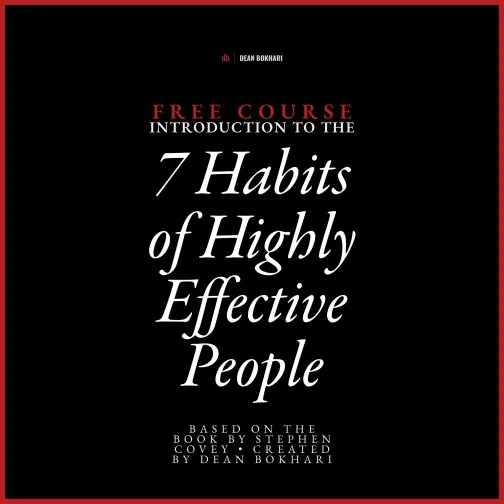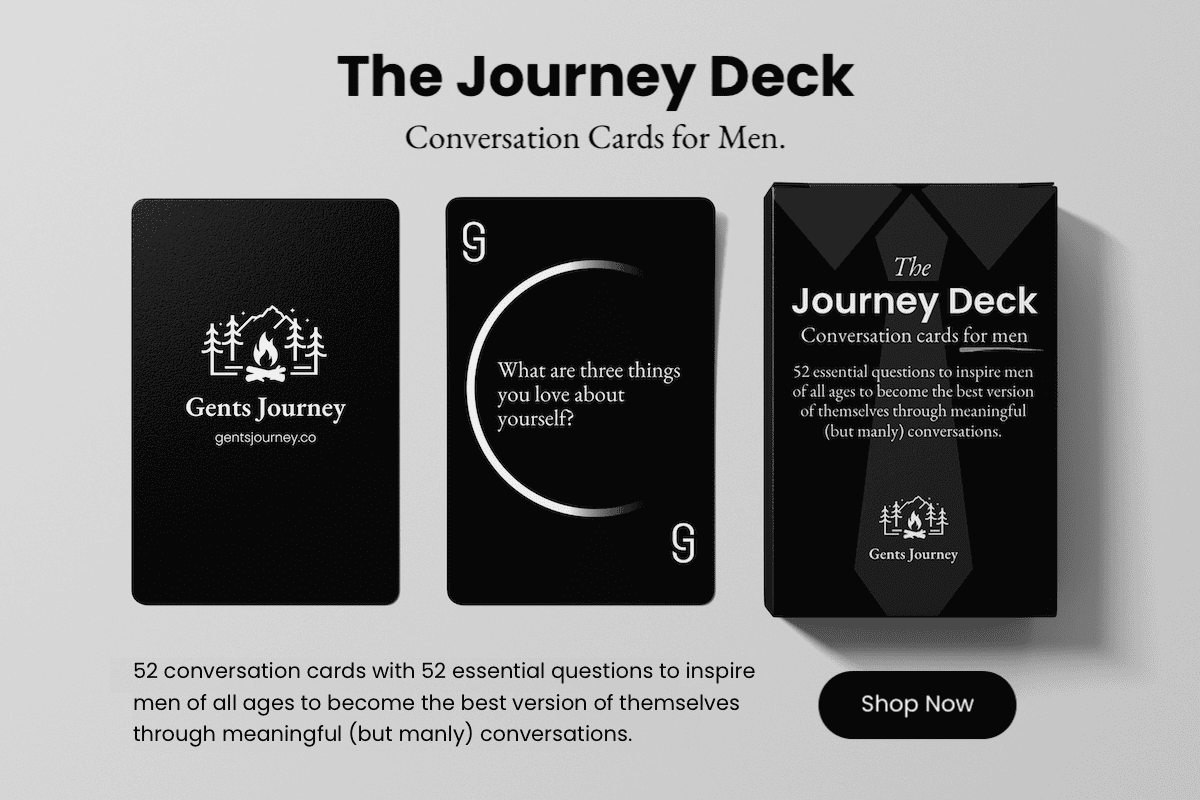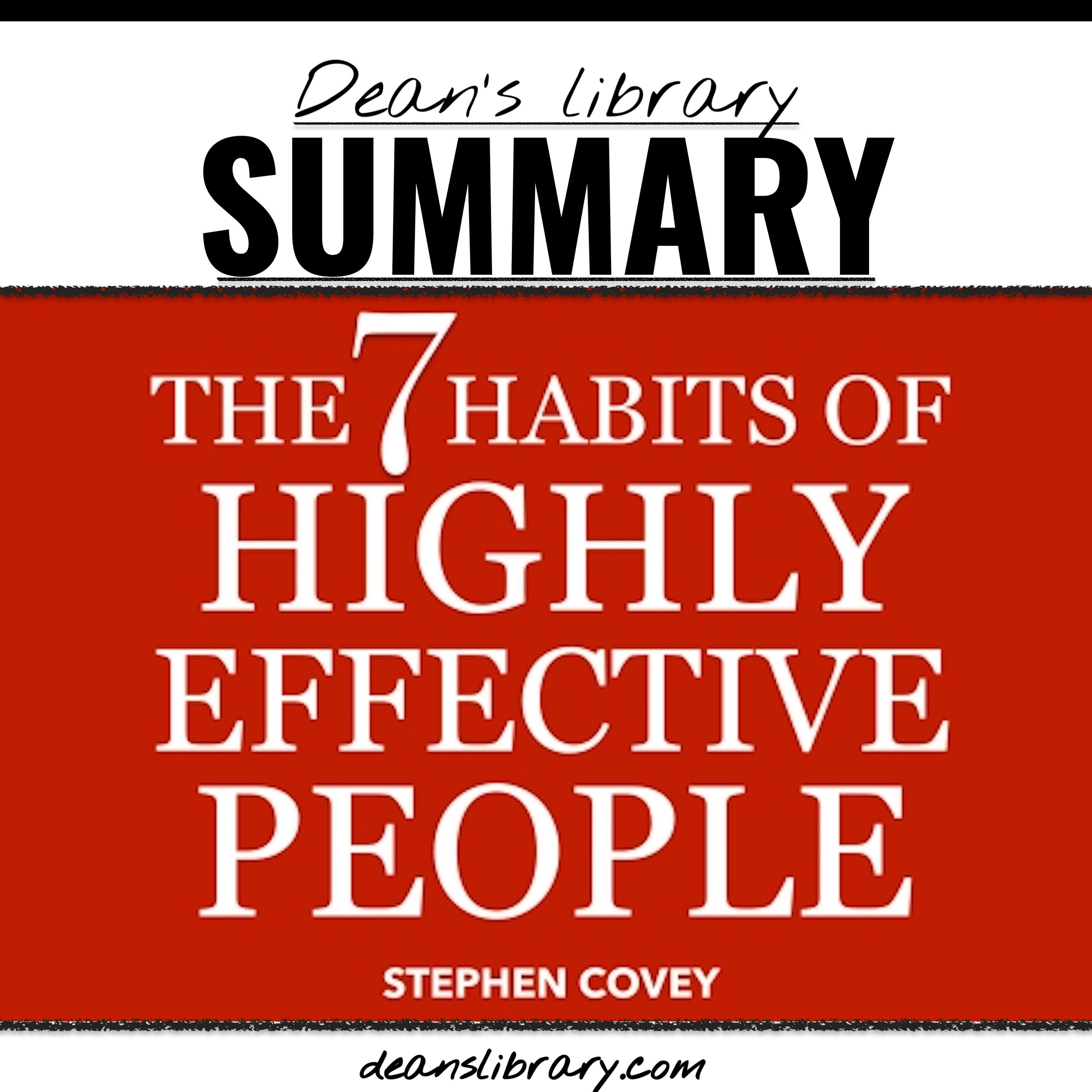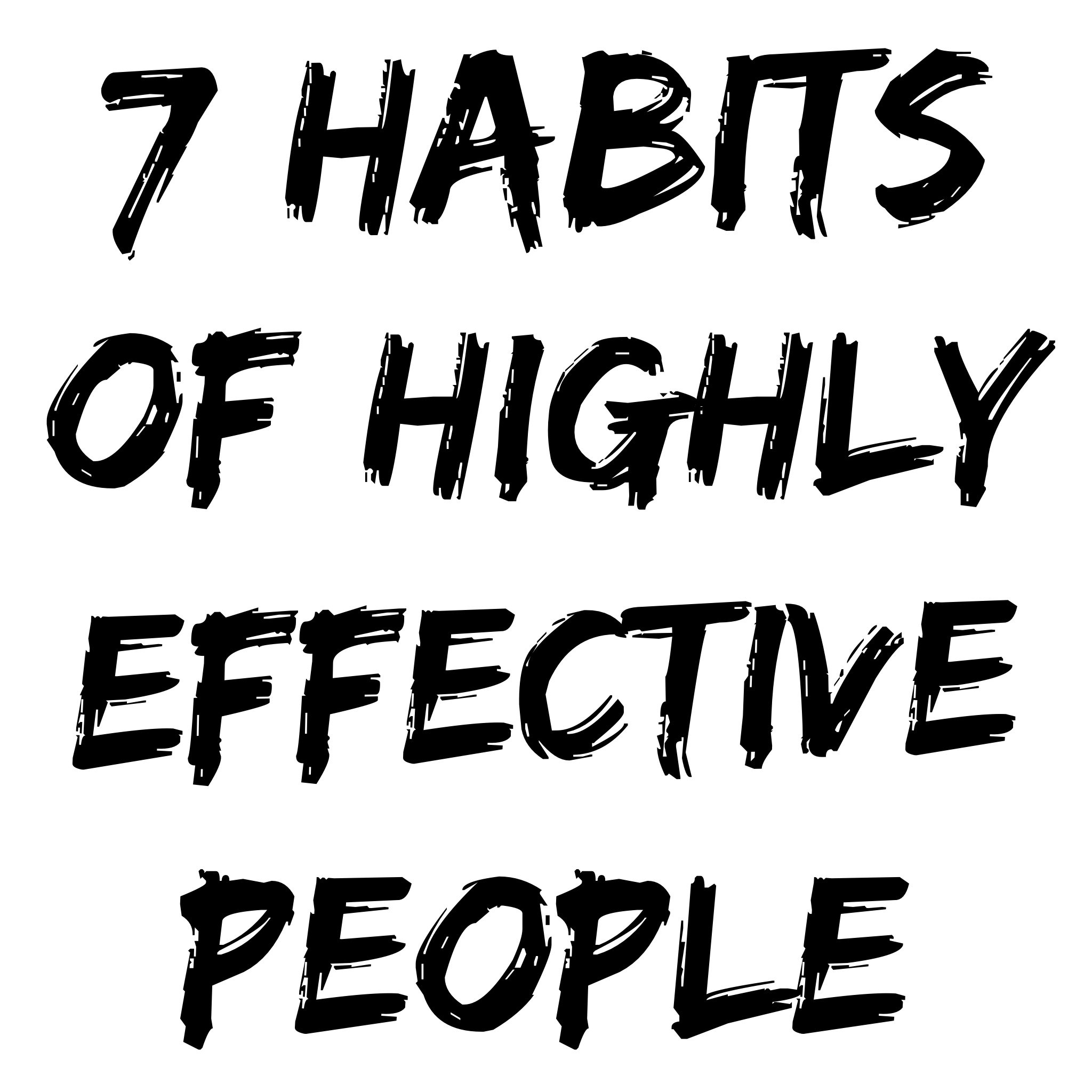Strategies for Strengthening Your Emotional Intelligence
“Since our brains are wired to make us emotional creatures, your first reaction to an event is always going to be an emotional one. You have no control over this part of the process. You do control the thoughts that follow an emotion, and you have a great deal of say in how you react to an emotion—as long as you are aware of it.”
— Travis Bradberry, Jean Greaves, from Emotional Intelligence 2.0
When I was a boy, I got picked on and made fun-of constantly by the kids at school. I was overweight, so my classmates would make fat-boy jokes.
And because I’m bi-racial (mom’s Uzbek, dad’s Afghan) I also looked completely different from all the other kids at school. ..So, of course, I got made fun of for that too.
This was incredibly painful. So much so, in fact, that I remember being deathly afraid to get on the school bus in the morning because that’s when the torture would begin.
And the worst part? I was so ashamed of how I felt that I tried to keep everything inside. I didn’t tell anyone about the emotional abuse—about how much I was bullied or made fun-of.
I just buried it—all of it.
I buried the fear, the nervousness, and the anxiety. I buried that feeling of being sick to my stomach before school.
I tried my best to hide my feelings.
But there was always one person I could never hide it from: my mom.
She could tell something was wrong within seconds of seeing me walk through the door, even when I tried to hide it. I may have said nothing was wrong, but she saw that I couldn’t look her in the eyes when I said it.
She always knew when something was off—most mothers do. And that’s what makes a mother the embodiment of emotional intelligence.
If you’re a parent, you can probably relate—you know within moments of seeing your child whether there’s something bothering them or not…
Being able to do this is a skill.
It’s called emotional intelligence. And it isn’t limited to parenting.
Emotional intelligence is a skill that extends into every area of our lives, both personally and professionally.
WHAT DOES EMOTIONAL INTELLIGENCE MEAN?
- Emotional intelligence definition: Emotional intelligence (EQ) is about your ability to recognize, empathize, and understand emotions—both your own as well as others’—and to use this awareness and understanding to make the most appropriate decisions in any given circumstance.
In short, emotional intelligence is about learning to use your emotions instead of letting your emotions use you.
It’s about understanding your emotions and modifying your responses to them in a way that’s useful rather than detrimental.
We use it to:
- get along with our co-workers,
- manage our relationships
- sell our ideas, products, or services
- to size people up
- determine how we’ll behave
Examples:
- “My wife’s feeling especially sensitive right now, so I better be a little more conscious about what I say.”
- “It’s his first day on the job, he’s probably a little overwhelmed, maybe I should introduce myself and give him a tour around the office so he feels more comfortable.”
- “It feels hurtful to hear her say so many negative things about me, but what she said doesn’t define me, and it likely has more to do with her than it does with me.”
UNDERSTANDING EMOTIONAL INTELLIGENCE
In their book, Emotional Intelligence 2.0 the authors provide a framework to make understanding emotional intelligence easier.
They split EQ into four categories. The first two categories deal with personal competence, while the final two deal with social competence:
- Self-awareness. Self-awareness involves understanding what you do well, what motivates and satisfies you, and what situations or people bother you most. This is the foundational emotional intelligence skill.
- Self-management. Self-management is your ability to use your self-awareness to direct your behavior however you see fit. This ensures you stay flexible and unfrazzled in new situations. (Ex: You might not feel inspired to work, but can you motivate yourself to work anyway?)
- Social awareness. Social awareness is your ability to recognize the emotions of others and understand what’s happening under the surface emotionally—like how my mother could always tell when something was bothering me even when I tried to hide it. Social awareness focuses on human behavior—things like getting out of your head, getting your ideas across effectively, or navigating social scenarios.
- Relationship management. The final component of emotional intelligence, Relationship Management, is about your ability to use your social awareness of emotions to manage your interactions with others, both in the moment and over time.
STRATEGIES TO HELP YOU DEVELOP EMOTIONAL INTELLIGENCE
SELF-AWARENESS STRATEGIES
- Watch the ripples of your emotions. Take time to recognize when you act out of feelings and what the long-term effects of those actions are, on you and those the emotions are directed at.
- Don’t minimize discomfort. It’s human nature to try to avoid painful, unpleasant thoughts, but that stops you from getting in touch with your emotions.
- Permit yourself to feel emotions physically. Watch for the physical changes that occur with different emotions to improve your understanding of them.
- Watch for your triggers. Strive to identify the exact situations, people, and scenarios that spark an emotional reaction (good or bad) so that you aren’t left in the dark about the cause of your feelings.
- Stay aligned with values. Emotions can cause behaviors to conflict with values, so practice self-awareness so that you always have a clear sense of when your action needs to change.
SELF-MANAGEMENT STRATEGIES
- Practice Breathing. Getting enough oxygen is crucial for staying calm, so practice deep breathing exercise so that you can physically calm yourself down when you’re feeling stressed.
- Make lists of emotions and reasons. Whenever you feel your emotions and rationality conflict, make a list to tease them out. This will help you determine which feelings aren’t as valid as you thought they were.
- Think through what succeeding will feel like. When your brain visualizes something, it responds in the same way as if it were actually experiencing it, so priming yourself with mental visuals of succeeding can make it happen in reality. Take time each night to imagine yourself acting how you want to be in situations, and you’ll soon see improvements in real life.
SOCIAL AWARENESS STRATEGIES
Practice listening. Tune out the words briefly and focus instead on tone, volume, speed, and inflection.
Take a 15-minute “emotions walk” each day. Each workday, take 15 minutes to walk around and observe the emotions, body language, and interactions of everyone around you.
Use more open-ended questions to perk-up dying conversations, get more details from someone, or to drill-down on a potential customer:
Example 1:
- CLOSE-ENDED: Will you work hard if we hire you?
- OPEN-ENDED: How will you help the company if you are hired to work for us?
Example 2:
- CLOSE-ENDED: Did you like living in Switzerland?
- OPEN-ENDED: What was it like to live in Switzerland?
- CLOSE-ENDED: Did you like living in Switzerland?
- OPEN-ENDED: What was it like to live in Switzerland?
- OPEN-ENDED: What was it like to live in Switzerland?
Example 3:
- CLOSE-ENDED: Are you interested in buying a widget today?
- OPEN-ENDED: What type of widget were you looking to buy today—black or gold?
- CLOSE-ENDED: Are you interested in buying a widget today?
- OPEN-ENDED: What type of widget were you looking to buy today—black or gold?
RELATIONSHIP MANAGEMENT STRATEGIES
- Accept feedback (even when negative). Appreciate feedback when you get it and carefully monitor your response. Acknowledge that it’s often as hard to give feedback as it is to receive it, so let the person know that you appreciate them.
- Acknowledge the feelings of those around you. Accept their right to express emotions without pushing your beliefs to the side or overreacting to them. Instead, listen and repeat what others say about how they are feeling.
- Get mad—but only intentionally. Expressing anger is healthy in the right situation, so maintain control of your feelings so that your passion comes out sparingly and when you most mean it. Find ways to define the degree of anger that you’re feeling, and find other ways to respond if anger isn’t the correct response.
LIVE LIKE YOU GIVE A DAMN,
Dean Bokhari
- If you find the podcast helpful, please rate + review it on Apple Podcasts »
- Got a Self-Improvement question you'd like me to cover? Submit it here »
"Dean Bokhari's Meaningful Show is the Self-Improvement Podcast I've been
waiting for. It's actionable, inspiring, and BS-Free." —Brett Silo
✨ New Series: How to Become an Early Riser
- Discover key methods to make early rising a habit
- How to wake up early + energized every morning
- Morning routines for health + success
Free self-development courses
👇
Tap on any of the courses below to start learning how to:
- boost your productivity (withGTD),
- get focused (with Deep Work),
- design a successful + fulfilling life (with The 7 Habits course),
- or learn the art of influencing others (with the How to Win Friends & Influence People course.)
All for free.
👇
Free life guides
👇
Best-selling Self-development courses by Dean Bokhari
Kill procrastination.
|
Get stuff done.
|
Get motivated.
|
Connect with anyone.
|
freshly pressed:
Top Audiobooks narrated by Dean Bokhari on audible
Book summaries
- The Power of Habit by Charles Duhigg
- 12 Rules for Life by Jordan B. Peterson
- Presence by Amy Cuddy
- Leaders Eat Last by Simon Sinek
- The ONE Thing by Gary Keller, Jay Pasan
- Deep Work by Cal Newport
Read or Listen to top Self-Help + Business Book Summaries in 20 Minutes or Less.
or







































